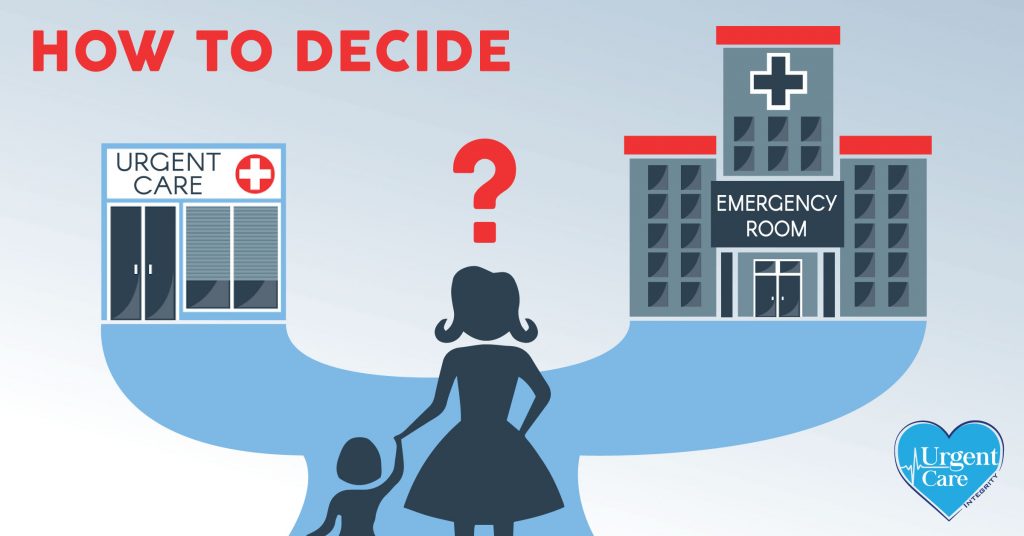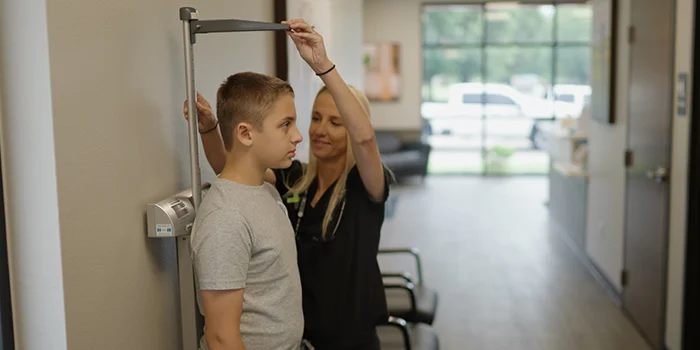In 2009, a Texas law permitted the establishment of emergency rooms independent of hospitals. As a result, free-standing ERs resemble urgent care centers in many ways and are popping up in neighborhoods across Texas. Knowing how to identify these FCERs (as they are sometimes called), can save you thousands of dollars. Here’s what you need to know:
In many ways, these free-standing emergency rooms resemble urgent care centers. They’re usually found alongside coffee shops, restaurants, and grocery stores. But there is one dramatic difference: the cost.
- Although they provide easy access to care when necessary, a growing number of people are realizing that these convenient emergency rooms come with huge bills, like $6,856 for a cut that didn’t require a stitch or $4,025 for an antibiotic for a sinus infection. “There’s this misleading factor, or I’d go so far as to say deception,” says Shara McClure, a vice president at Blue Cross Blue Shield of Texas. “A member who’s having an incident, having an acute condition, they go into these free-standing ERs thinking they’re a cost-effective solution.”
- In comparison, the average urgent care visit only costs $150.
Free-standing emergency rooms are rarely in-network. Often, they advertise that they “accept all insurance”, but this does NOT mean that your care is covered like it would be at an in-network emergency room.
- The Affordable Care Act (also known as Obamacare), requires insurance companies to pay-in network benefits for all emergency care, but the state of Texas currently offers no initial protection for consumers against balanced billing, the practice of a healthcare provider billing a patient for the difference between what the patient’s health insurance chooses to reimburse and what the provider chooses to charge. (However, recent Texas legislation gives more Texans the ability to fight these bills after receiving them.)
- In other words, you may pay more for emergency care at a free-standing emergency room than an in-network emergency room. In-network emergency rooms have agreements with insurance companies, lowering the costs of services. When you choose a free-standing emergency room, the insurance company will cover what they ambiguously consider to be the “usual and customary” rate. Patients will receive a bill for the remaining amount (balanced billing).
Free-standing emergency room usage is also increasing the cost of in-network emergency care.
- Urban hospitals use the money made from patients with insurance to subsidize charity care. If these patients visit a free-standing emergency room instead, urban hospitals must raise their prices to compensate.
The vast majority of ER visits could have been treated at an urgent care center much more quickly and for a fraction of the cost. Unless your condition is life-threatening, visiting an urgent care center is the best choice. Integrity Urgent Care is open every day from 8 am – 8 pm, and no appointment is necessary. We have in-house labs and x-rays and can order CT scans, MRIs, and ultrasounds if needed. Find an Urgent Care location near you.
Sources: https://www.washingtonpost.com/business/economy/free-standing-emergency-rooms-offer-costly-convenience/2017/05/07/6255d052-2b98-11e7-b605-33413c691853_story.html?utm_term=.760b4b642b3b, http://www.jems.com/articles/2013/07/free-standing-emergency-rooms-causing-co-0.html, http://www.legis.state.tx.us/tlodocs/84R/handouts/C3202016060110001/324381ce-5b55-4e9f-8c2a-9bd166c7338b.PDF, https://integrityuc.com/Blog/ArticleID/6, https://en.wikipedia.org/wiki/Balance_billing, http://www.senate.texas.gov/members/d09/press/en/p20170511a.pdf






